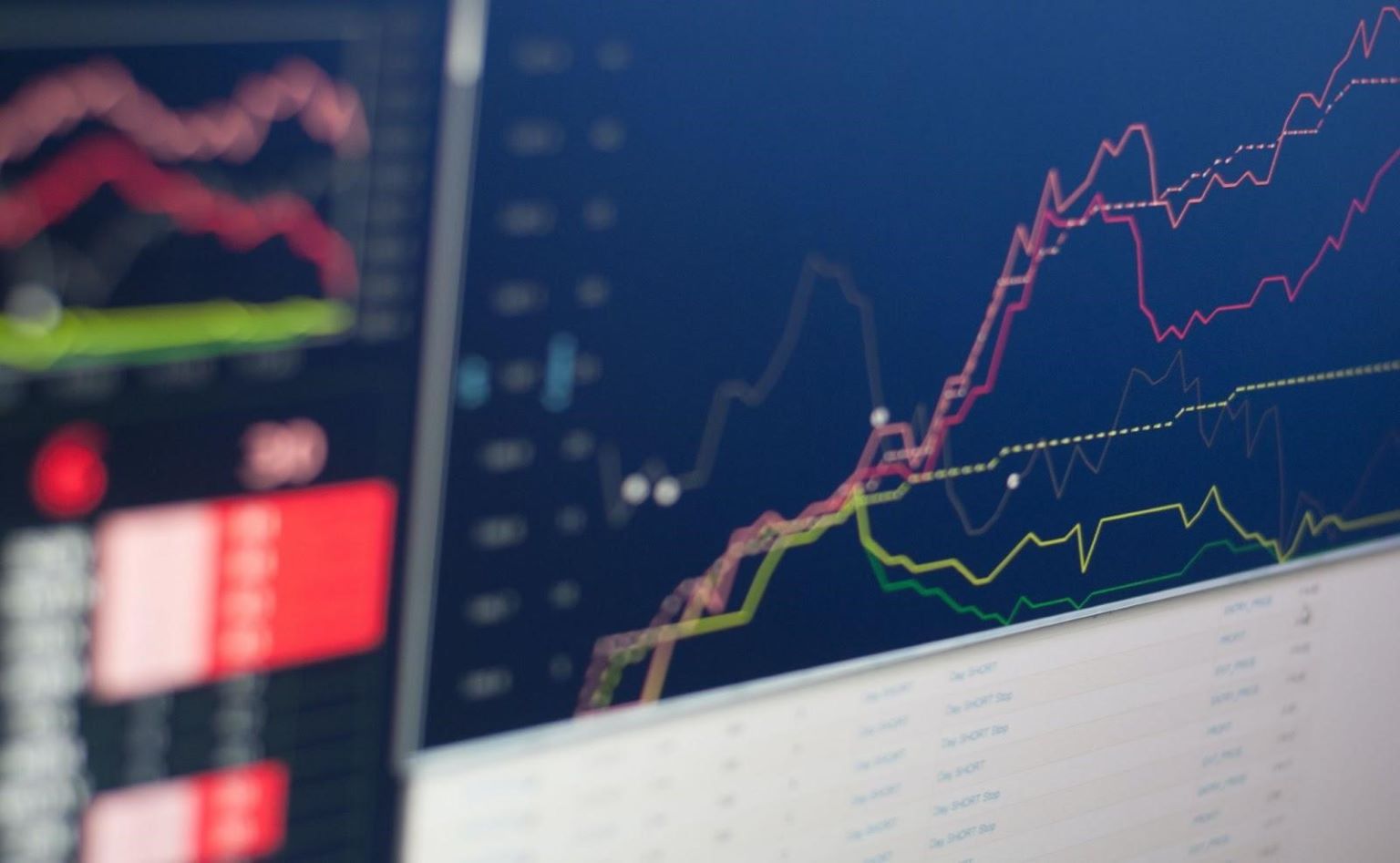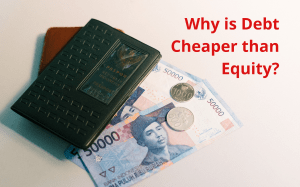As a forex trader, you are always looking for ways to gain an edge in the market. But no matter how hard you try, the market is always one step ahead of you. So to stay profitable, you must understand how the market works and changes.
This article will discuss this, explore what factors can impact the forex market, and change it.
Let’s start.
What is Forex?
The Forex market is a global marketplace where traders can buy and sell foreign currencies. It is done by guessing which currencies will go up or down in the future. The main goal is to make a profit from these predictions. There are “the major” currencies that take part in almost any deal – US Dollar, Euro, Japanese Yen, and Pound Sterling. Everyone needs to get acquainted with these currencies to participate in Forex trading.
Note that the market operates 24 hours per day, five days per week, making it possible for people in different time zones to trade with each other regardless of their schedules.
Several factors can affect buying and selling – brokerage company, trading platform, and strategy choice. In addition, the Forex market offers news providers responsible for providing valuable updates to brokers and other financial companies. It is done to make better investment decisions or choose a more effective strategy. Check out the fxpro review to understand deeply.
What makes the market change?
Global activity in foreign exchange trading means that events happening worldwide significantly impact forex more than ever before.
Below, you will find some trends and factors that influence market changes.
Political news
The political landscape affects a country’s economy. It affects the currency value in turn. Forex traders watch political news and events to see how they will affect the economic policies of different countries. For example, they may look at how much the government spends or what new rules and regulations are implemented for particular sectors or industries. In addition, changes in the regulations about margin or leverage available to traders can have a big impact on the markets.
Inflation
When it comes to the changes, it is necessary to mention that inflation can also impact. Inflation means that sometimes the value of money changes in those countries. For example, suppose one country’s inflation rate is lower than another’s. In that case, that country will see its currency become more valuable (meaning people will need more of that currency to buy things). Conversely, suppose one country has a higher inflation rate than another. In that case, its currency will become less valuable (meaning people will need less of that currency to buy things), and the country might also see higher interest rates.
Balances of trade and capital
The forex market is constantly changing due to the flow of money in and out of countries. For example, if a country relies heavily on exports, a decrease in exports will cause that country’s currency to fall. Similarly, it can indicate sentiment change if investors move their money into or out of a nation.
Economic changes
Any financial market’s activity is connected with countries’ economic stability. The state and performance of a country’s overall economy are based on data like the gross domestic product (GDP). This measures whether the economy is growing or shrinking and how fast it is doing so. When an economy is doing well, it usually means that the country’s currency will be stronger because investors want to put their money in that country. It happens because traders must use the local currency when they want to buy financial assets in a country.
Public debt
Public debt can be a good way for countries to borrow money to invest in their economic growth, as it can improve the standard of living and encourage consumer spending. However, if governments take on too much debt, it can cause interest rates to rise and make economic growth more expensive. Therefore, to have a strong economy, there needs to be a balance between improving it and keeping interest rates low. In addition, it will help keep the national currency stable.
Terms of trade
The term trade measures the relationship between export and import prices. A figure above 100% means more capital is coming into the country than leaving, while a figure below 100% indicates that more money is going out of the country than what’s coming in. The term can evaluate economical health and predict foreign exchange markets’ impacts.
Speculation
To measure how the currency rate will change, you must look at other factors that may influence it. For example, speculation that the currency rate will increase could trigger a bandwagon effect as other investors demand more of the currency. However, you need to be careful and ensure you’re not caught up in this trend too late – in 2005-2006, for instance, low lending rates created speculation that property prices would rise, increasing the dollar’s value.
Conclusion
The Forex market is constantly changing, and it cannot be easy to keep track of all the factors that impact prices. However, if you take control of these 4 points, you can trade without worrying about sudden changes. So keep an eye on these factors, and you’ll be able to make wise investment decisions that could pay off in the long run.
Author
George Rossi
George is Chief Market and Broker Analyst at brokertested.com. Before being recruited by brokertested.com, he served SVS Securities as Chief Market Analyst for two years. Earlier, he joined Morgan Stanley in Nov 2013 as Research Analyst.
George is a well-rounded financial services professional experienced in fundamental and technical analysis, global macroeconomic research, foreign exchange, and commodity markets, and an independent trader.








